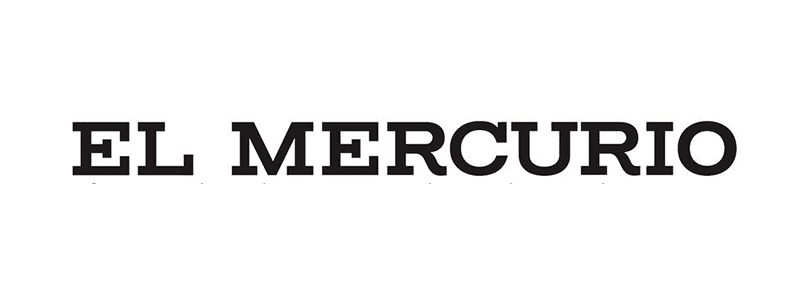The lawyer sees a greater concern of companies to increase tax compliance and with the new Economic Crimes Act.
Attorney Andrea Bobadilla has been in charge of the Tax Group of AZ Law Firm for about a month.
The professional from Universidad del Desarrollo, with a master’s degree in taxation and currently pursuing an MBA at Universidad de Chile, comes to lead the area at a time marked by regulatory changes, not only by the discussion of the project that increases compliance with tax obligations, but also by the new Law on Economic Crimes.
“The business world in recent years has been changing and today demands that as tax advisors we have a broader view, with a more comprehensive vision. That is, not only in the tax policies of the business, but also a comprehensive, strategic look at the commercial and business level appropriate to each client,” he says in addressing the challenges from his new role.
“Maybe we fall a little bit into over-regulation. Therefore, if we don’t apply or balance the regulations correctly, it can cause hindrances in the economic business operation.”
– What trends have you seen in recent tax matters? In 2019, for example, the outflow of capital and change of tax domiciles after the outbreak and the pandemic was very marked.
Today the issue of regulatory compliance is very well positioned, as more and more regulations are being issued on how taxpayers must act and must meet certain requirements in the business world.
And not only in the tax area, but also with the entry into force of the Economic Crimes Law, so it is very important to understand that not only from that point of view, but also from other regulations that are coming into force, taxpayers have asked for more advice to be able to comply gradually and favorably in tax and regulatory issues in all areas of the company.
So, clients are concerned about complying with regulations. Today we are focused on compliance models, on raising the standard of supervision and compliance in companies as a result of these laws.
– How have you seen the discussion of the tax compliance project?
In general terms, in tax matters, legislative changes are complex due to the technicality required. Therefore, sometimes the discussion becomes a little complex. We hope that the discussion will turn from a technical tax point of view and that we will be able to approve a coherent project for the compliance of these obligations and that it will be consistent with the production of the economy and investment in our country.
– What does this project lack and what does it lack?
In this type of matters, perhaps we fall a bit into over-regulation. Therefore, if we do not apply or balance the regulations correctly, this can cause problems in the economic operation of the company.
If I go to the more technical part, in figures such as the anonymous whistleblower, for example, we are going to see the big problems when these figures are more operational, because the anonymous whistleblower can be a good tool for control, as long as it fulfills that objective.
– There are several issues that generate noise, such as the administrative application of the Anti-Circumvention Rule and the relaxation of the lifting of bank secrecy.
The tax culture of taxpayers has mutated over the years, and there is a real concern of the business sector to get proper advice to comply with their tax obligations and improve the standards of tax policies, this being the general rule. The current discussion of the compliance project has revolved around who should apply the NGA, whether the SII or the TTAs in court.
There is no doubt that potentially evasive conducts should be audited. However, we must not lose focus: as long as the application in the hands of the jurisdictional body provides legal certainty to the rights and guarantees of taxpayers, ensures an impartial and fair procedure before a judge and under due process standards, it seems reasonable for the time being to keep its application in the courts and to unblock the parliamentary procedure by dealing with the merits.
– What is this fund?
Collaborate in the development of concrete actions to combat tax evasion and avoidance.
When analyzing the problem of lifting bank secrecy, the first thing to keep in mind is that in today’s times the amount of information that can be obtained from the bank accounts of a person is enormous, since not only the amount of income and expenses of a person is determined, but also personal aspects related to their lifestyle.
In my opinion, the right way to unblock the discussion revolves around understanding this figure as an exception, applicable only to tax crimes and that, in no case, it should be the general rule.
– Is it necessary to open the discussion regarding the exclusive power of the SII to initiate criminal action in tax matters?
Both institutions could work more collaboratively, since, for example, in the Public Prosecutor’s Office there are specialized areas but there is no tax crime area, but this could take place within the framework of an inter-institutional approach. That is, both institutions could work together. It could be possible to have a specialized area for tax crimes that could actively collaborate with the SII’s auditing and the criminal action initiative they have.
It is key that both institutions can have a flow of information that could make investigations more efficient and to exercise the criminal action in the cases that are required.
Source: Diario Financiero, June 21, 2024.



